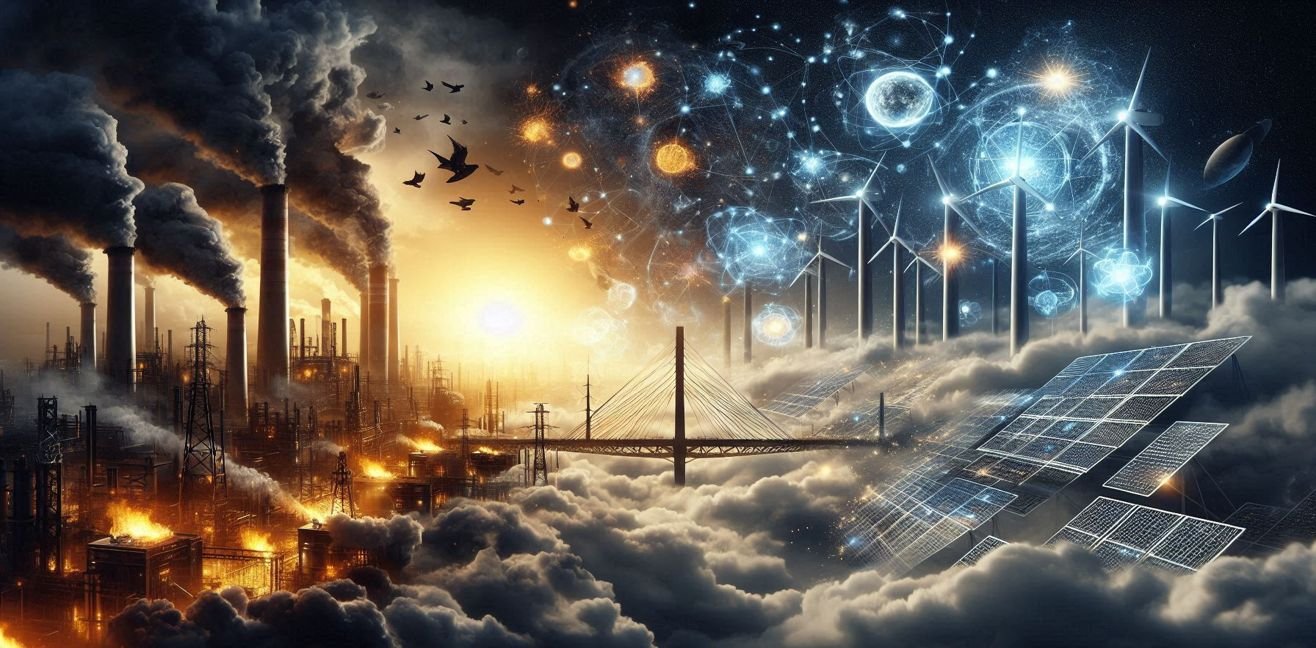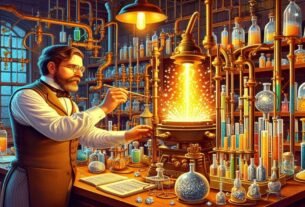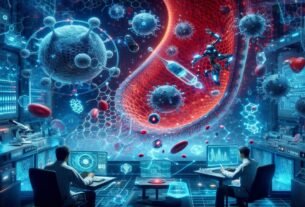Dear energy enthusiasts 💖, today I’m taking you to the heart of the energy revolution on a journey that is scientific, technical, and fun. Fossil fuels—oil, coal, and natural gas—have been the heroes of energy production for decades, but now they are gradually stepping off the stage. Replacing them are synthetic and renewable energy sources. Are you ready? Because this isn’t just about saving the environment; it’s about humanity creating a revolution in energy production. 🌍✨
🏭 Fossil Fuels: The Energy Heroes of History
Fossil fuels are formed over millions of years from the accumulation of organic matter through geological processes. Here’s how they transform into energy:
- Coal: Carbon-rich fuel used for thermal energy production. When burned, it releases heat, which turns steam turbines to generate electricity.
- Oil: Composed of hydrocarbons and refined into gasoline, diesel, and jet fuel.
- Natural Gas: Methane-dominant, highly efficient, and cleaner-burning fossil fuel, used for heat and electricity generation.
However, limited reserves, rising atmospheric CO₂, climate change, and environmental impacts put the future of these fuels at risk. 🌡️🔥
🌞 Synthetic and Renewable Energy: The Heroes of the Future
Scientists and engineers have developed alternative energy sources to replace fossil fuels. Here are the main ones:
1. Solar Energy ☀️
- Photovoltaic Cells: Semiconductor materials that convert sunlight directly into electricity. Modern silicon-based cells achieve 20–25% efficiency.
- Concentrated Solar Power (CSP): Mirrors and lenses focus sunlight to generate high-temperature thermal energy, which drives steam turbines.
Advantages: Unlimited source, low operating cost.
Challenges: Storage requirements, variability of sunlight.
2. Wind Energy 🌬️
- Modern Turbines: Over 100-meter-long blades with aerodynamic designs convert kinetic energy into electricity.
- Efficiency: Offshore wind farms operate at 40–50% capacity factor.
Advantages: Clean energy, continuously improving technology.
Challenges: Noise, visual impact, variable wind speeds.
3. Hydrogen Energy 💧
- Electrolysis: Splits water molecules into H₂ and O₂ to produce clean energy.
- Fuel Cells: Hydrogen reacts with oxygen to generate electricity; the only byproduct is water.
Advantages: Zero carbon emissions, high energy density.
Challenges: Storage and transportation costs, electricity needed for production.
4. Synthetic Fuels and Carbon Cycle 🔬
- Power-to-Liquid and Power-to-Gas: Produce synthetic hydrocarbons from CO₂ and H₂, mimicking fossil fuels chemically.
- Advantage: Can utilize existing fossil fuel infrastructure and may be carbon-neutral.
Scientific principle: Carbon capture, renewable energy, and catalysts create a closed carbon cycle.
🔬 Technical and Scientific Depth
- Storage Solutions: Lithium-ion, solid-state batteries, hydrogen storage tanks—heart of modern energy storage systems.
- Energy Efficiency: Cost per watt and carbon emission analyses determine the most efficient energy sources.
- Smart Grids: Optimize electricity distribution from production to consumption, minimizing losses.
⚡ Future Outlook and Energy Transformation
The future of energy is shaping up like this:
- Fossil fuels will still be used in some sectors but gradually decreasing.
- Renewable and synthetic energy sources will take the lead.
- Electric vehicles, clean energy factories, and smart cities will drive the energy revolution.
- Scientists will enhance sustainability with carbon-neutral technologies and advanced energy storage solutions.
🧠 Fun Notes
- When solar panels are installed on rooftops, neighbors might wonder, “Is this house going to Mars?” 😏🌞
- Wind turbines dance like giant sculptures while generating energy and creating a stunning visual 🕺💨
- Hydrogen energy: splitting water may sound like Harry Potter magic, but in labs, it’s real science 😎🧪
Dear energy heroes 💖, here you have a detailed, technical, and scientific journey into the future of fossil fuels and synthetic energy alternatives. The future will be clean, renewable, and a little magical… and we can witness it in the light of science. 🌞💥




